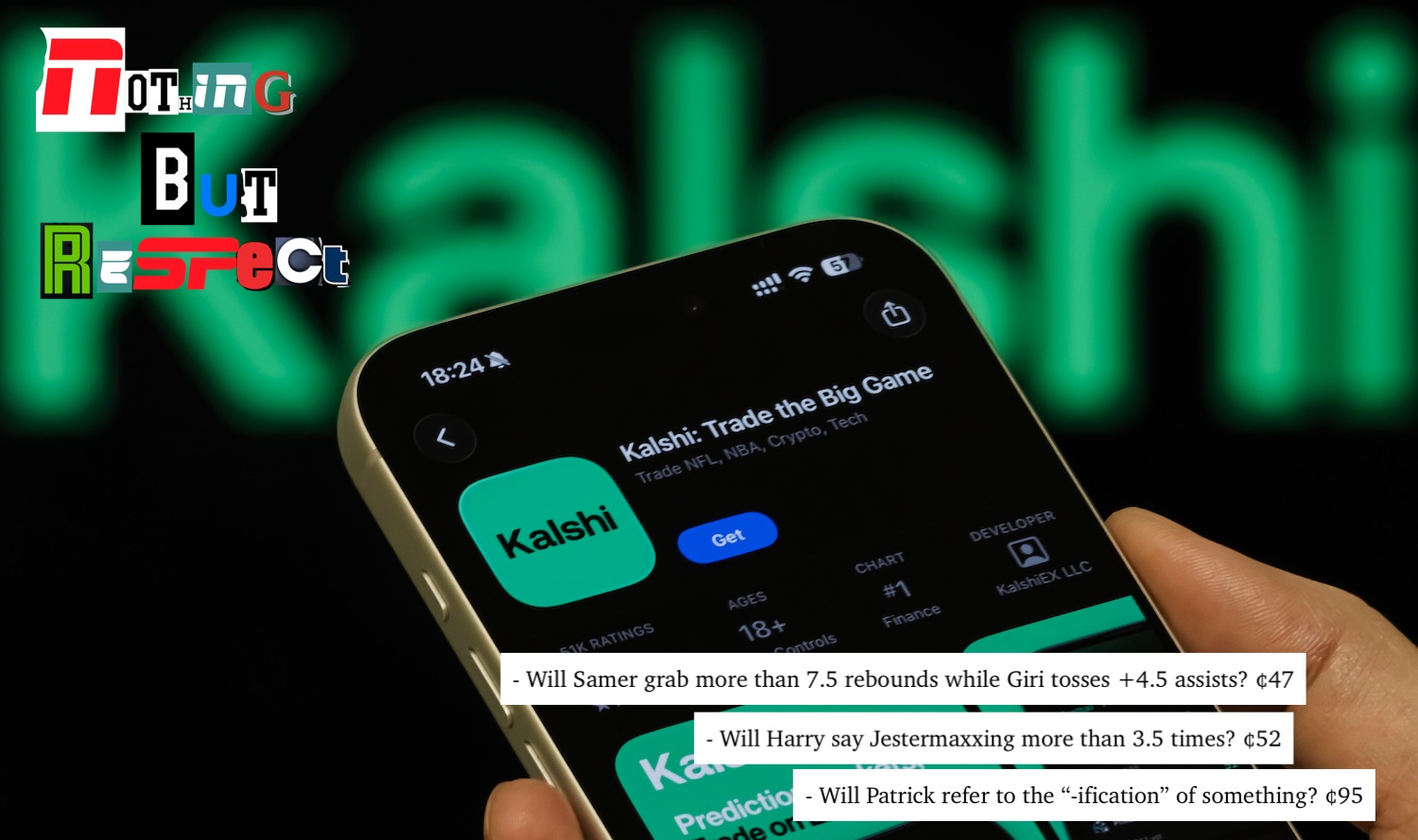Jamal Murray is not built for a solitary existence. It's easy to forget this, given the incendiary postseason scoring outbursts with which he has become associated. Someone tells you about a guard who has a few 50-point playoff games under his belt and a propensity for hitting impossible-seeming shots, and you envision a lone gunner, a guy who faces a locked-in defense in isolation, squints, and hits the shot anyway. Murray can play like that in spurts, but he's a better and more natural collaborator.
His creative partner is of course Nikola Jokic, the big star around whom the Denver Nuggets' entire offense orbits. Nobody benefits more from Jokic's pull than Murray, and over the years the two have developed one of the best two-man games in the NBA. When the Nuggets are at their best on offense, Jokic and Murray move around the court as if connected by an invisible tether. They remain in constant proximity, rotating around each other through a series of pick-and-rolls, handoffs, and feints that scramble defenses and create delicious scoring opportunities. This is the process by which the Nuggets managed to win Game 5 of the Western Conference semifinals on Tuesday night, beating the Suns 118-102.
As is the case with all games within a competitive playoff series, the final result was influenced by a whole array of factors. Devin Booker finally cooling off a bit, Kevin Durant laboring through every jumper, Bruce Brown scoring 25 damn points—any of these things can be plucked from the pile and held up as the reason the game went the way it did. But I think it was a stretch in the third quarter during which Murray and Jokic got down to business that put the Nuggets out of Phoenix's reach.
At the end of the first half, the Nuggets left the floor smelling of farts. After racing out to a 15-point lead in the first quarter, they crumbled in the second, shooting 27 percent from the floor and scoring just 17 points. When the first-half buzzer sounded, the Suns were down only three despite shooting 40 percent from the floor and Kevin Durant missing 11 of his 16 shots. Murray, meanwhile, ended the half shooting 1-of-6 from the field with two turnovers. He spent the first half playing in a style he's fallen into far too often during this series: His decisions were rushed, he spent too much time in isolation, and he seemed to be letting the game pass him by.
Everything was set up for the Suns to come out in the second half and punish the Nuggets with a streak of hot shooting from Booker and Durant. If there was ever a team with a three-point lead that looked doomed to lose the game, it was these Nuggets. That didn't happen, because Murray and Jokic got back into each other's orbit. Murray opened the half by trying to isolate against Landry Shamet and clanking a jumper, and then finally decided to get cozy with his pal. On the next possession, he sprinted into a handoff from Jokic, turned the corner, and dropped a finger roll into the hoop from the baseline. He did the exact same thing a few seconds later, this time finishing through contact from Shamet, drawing the foul and getting himself T'd up for taunting.
Jamal Murray got a tech for taunting on this play 😅 pic.twitter.com/2RaUpeMelh
— Bleacher Report (@BleacherReport) May 10, 2023
That's the other thing about Murray: For as important as collaboration is to his game, so too is spectacle. The man is simply a natural performer, and the more he gets caught up in being a showman, the more likely it is that the Nuggets are going to win. Denver's success can be charted by the smirks, scowls, and grimaces of its stars.
"I'm just trying to get myself going sometimes," Murray said when asked about the tech. "Sometimes I just need a little energy boost in myself, and once I'm in attack mode then it kind of changes the game."
It feels a little silly to hold up two successful dribble-handoffs as some kind of turning point, but it really did feel like the Nuggets had escaped the Suns' trap as soon as Murray made that face at Shamet. So much of his game, and so much of the Nuggets' offense, depends on rhythm and confidence. Those things are built not all at once, but through individual moments stacked on top of each other. Murray's three-point play put the Nuggets up by 10, and the Suns never really got back within touching distance after that.
Murray shot 6-of-9 from the floor in the second half, and finished the game with a modest 19 points and six assists. He scored 32 and 28 points in Denver's Game 3 and 4 losses, respectively, but this felt like the better performance. Murray's scoring is important to the Nuggets, but so is the method, and the feeling, of his attack.






